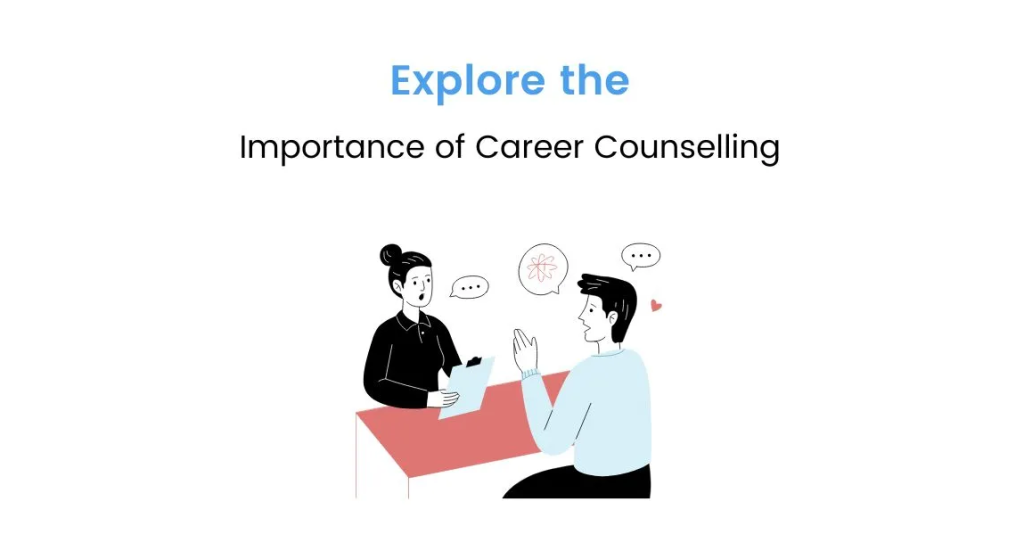In a world driven by professional advancement and career success, the idaea of spending precious free time volunteering may seem counterintuitive to some. However, the benefits of volunteering extend far beyond the realm of altruism. Engaging in volunteer work can significantly enhance your career prospects, offering a unique set of advantages that go beyond what traditional career-building activities can provide.
Skill Development: Volunteering provides an opportunity to develop and hone a diverse range of skills that are applicable in various professional settings. Whether you’re organising events, managing projects, or working in a team, these experiences contribute to your skill set. For instance, volunteering in a leadership role can enhance your managerial and decision-making abilities, while hands-on tasks can improve your problem-solving and organisational skills. These competencies are transferable and highly valued by employers in any industry.
Networking Opportunities: Building a robust professional network is crucial for career growth. Volunteering allows you to connect with like-minded individuals who share your passion for a cause. These connections can lead to valuable opportunities, both in terms of career advice and potential job openings. Additionally, volunteering often brings you into contact with professionals from diverse fields, broadening your network and exposing you to different perspectives and career paths.
Resume Enhancement: In a competitive job market, a standout resume is essential. Volunteering adds a distinctive and meaningful dimension to your professional profile. Employers often appreciate candidates who demonstrate a commitment to their community and social responsibility. Listing volunteer experience on your resume not only showcases your skills but also highlights your dedication to making a positive impact beyond the workplace. This can make you a more attractive candidate to employers looking for well-rounded individuals.
Career Exploration: Volunteering provides a low-risk environment for exploring new industries or roles. It allows you to gain hands-on experience in areas you might be curious about but haven’t yet ventured into professionally. This firsthand exposure can help you make more informed career decisions and discover hidden passions. For example, volunteering in a marketing role for a nonprofit could spark an interest in pursuing a career in marketing or public relations.
Improved Soft Skills: While technical skills are crucial, employers also highly value soft skills such as communication, teamwork, and empathy. Volunteering places you in situations that require effective communication with diverse groups of people, collaboration on projects, and understanding the needs of others. These experiences contribute to the development of strong interpersonal skills, making you a more well-rounded and adaptable professional.
Demonstrating Initiative and Commitment: Volunteering reflects your initiative and commitment to personal and professional growth. Employers appreciate individuals who go above and beyond, and volunteering is a tangible way to demonstrate this initiative. It showcases your willingness to contribute to causes that matter to you, illustrating a sense of purpose that can resonate positively with potential employers.
In conclusion, volunteering is not just about giving back to the community; it’s a strategic career move with numerous benefits. From skill development to networking opportunities and resume enhancement, volunteering offers a unique platform for personal and professional growth. In a world where employers are seeking well-rounded individuals with a genuine commitment to making a difference, volunteering sets you apart as a candidate who not only has the skills for the job but also the heart for meaningful contributions. So, if you’re looking to boost your career and make a positive impact, consider investing your time in volunteer work – the rewards might just surprise you



